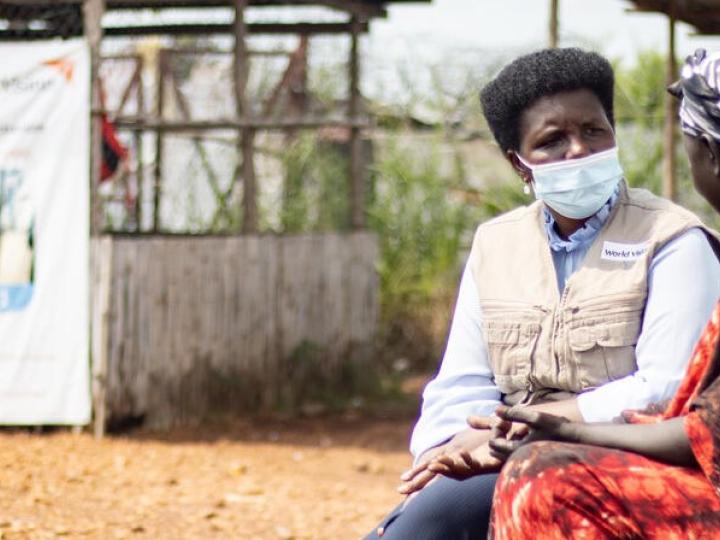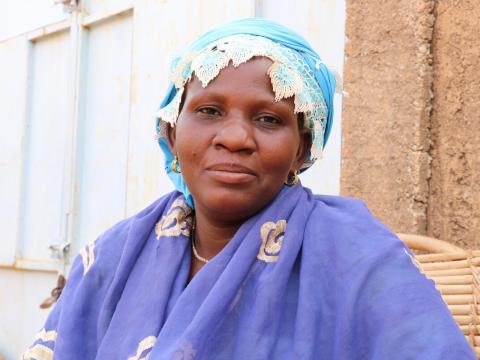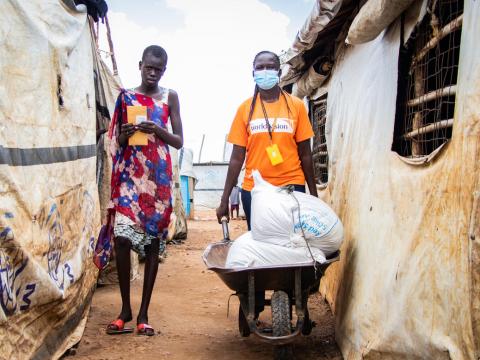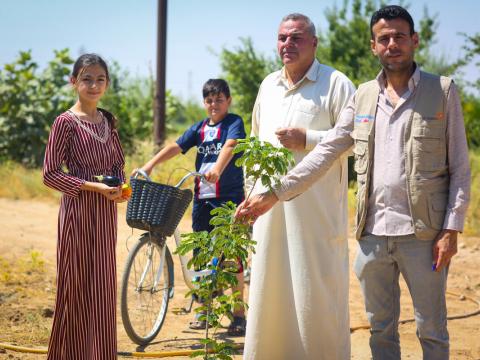
Problem Management Plus
Problem Management Plus (PM+)
Problem Management Plus (PM+) is a low-intensity psychological intervention developed by the World Health Organization (WHO) to support adults experiencing distress, particularly in communities facing adversity. Designed for use by non-specialist providers, including trained and supervised community health volunteers, PM+ is accessible, scalable, and adaptable across various settings.
The intervention helps individuals manage both practical problems (such as unemployment and interpersonal conflict) and common mental health issues (including depression, anxiety, stress, and grief). The 'plus' in PM+ refers to the integration of evidence-based cognitive behavioural strategies alongside structured problem-solving counselling—making it particularly valuable in contexts where access to mental health specialists is limited.
PM+ is effective regardless of whether a person's mental health issues are directly caused by adversity. Its flexible design allows it to be applied across varying levels of distress, aiming to improve emotional well-being and day-to-day functioning.
Kenya
From 2013 to 2015, World Vision participated in a PM+ study in Nairobi’s informal settlements to assess the intervention’s effectiveness among women affected by gender-based violence. This was followed by a randomised controlled trial and the development of a national PM+ service framework in partnership with the Ministry of Health. The framework was piloted in four counties and integrated into Kenya’s four-tier health system. A third phase focused on sustainability by training and empowering community health workers to deliver PM+ services at the household level.
This work was supported by Grand Challenges Canada, which is funded by the Government of Canada.
Iraq
In the Zummar subdistrict, World Vision implemented a 13-month project titled “Responding to the Critical Mental Health and Psychosocial Support (MHPSS) and Protection Needs of the Crisis Affected Population in Zummar.” The programme delivered PM+ and the WHO’s Doing What Matters in Times of Stress (DWM) intervention to over 140,000 internally displaced persons, returnees, and members of the host community, including both adolescents and adults.
This initiative was funded by Aktion Deutschland Hilft (ADH) and supported by World Vision Germany.
When I started listening to other people’s testimonies, I started consoling myself. World Vision staff gave me all the necessary support for my healing journey. I felt my hope had been renewed. I felt empowered and I started to detach myself from my worries. I apologised to my children and we are a happy family again.
- Grace, participant in PM+ in Kenya






